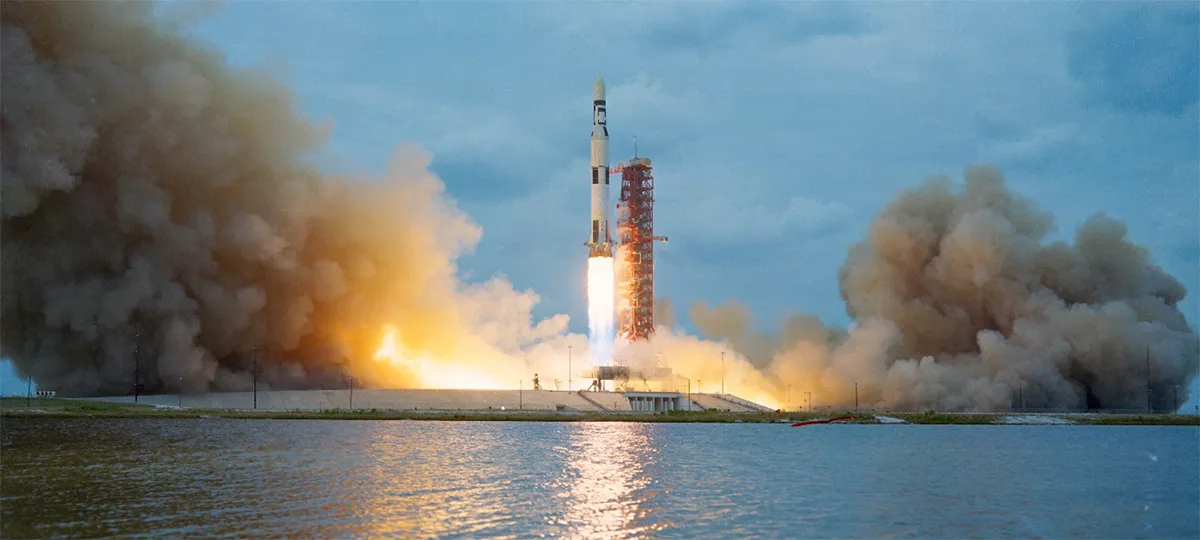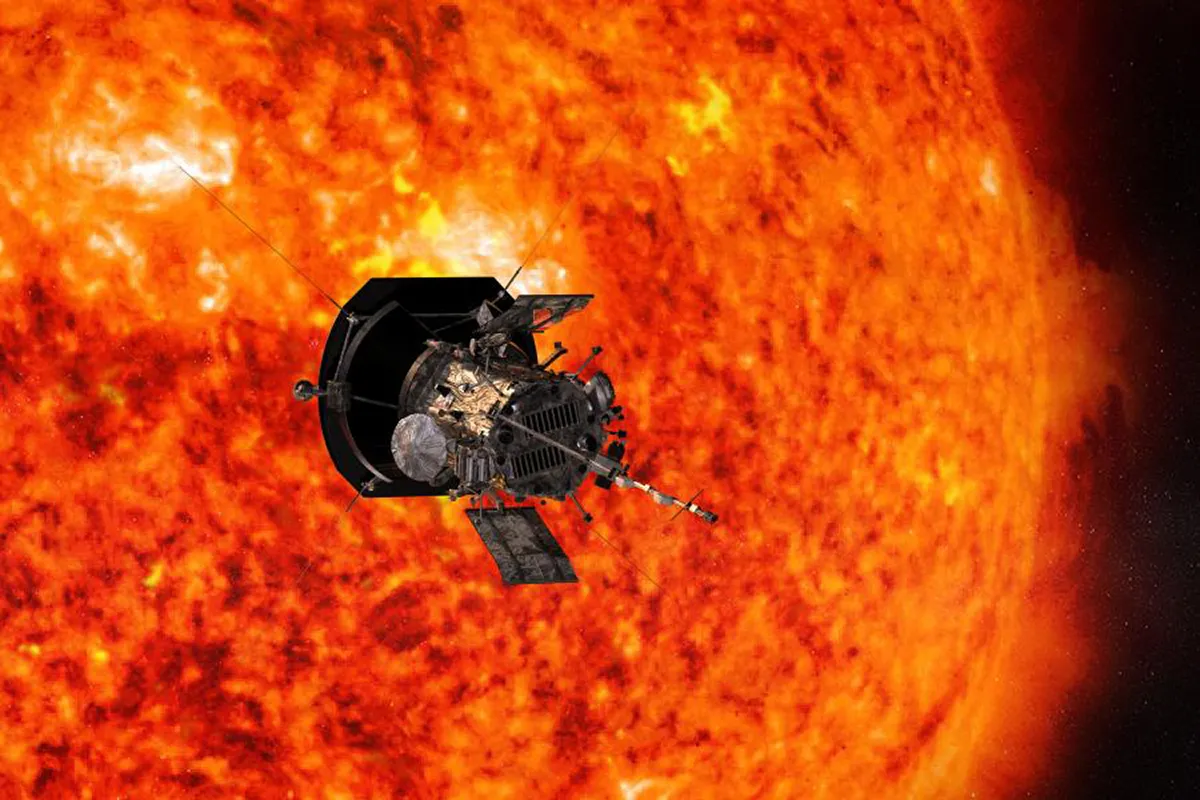What's the fastest human-made object ever built, and just how fast can current technology go?
Unlike some sections of Germany’s Autobahn network, space has a speed limit – the speed of light.
Actually it’s a bit lower than that, because the term 'the speed of light' usual carries a silent 'in a vacuum' at the end.
Nature is much better! Discover the 5 fastest things in the Universe

And space, although very, very empty compared to, say, a Tokyo underground station or London's Oxford Street the week before Christmas – isn’t QUITE a vacuum.
For practical purposes, though, we can say the maximum speed that’s theoretically possible in our Universe is the speed of light – around 1.08 billion kilometres per hour.
And sad to say, no machine humanity has ever built has even come close to achieving such speeds.
Fastest human-made objects ever built
Trains, planes, automobiles

Japan’s Shinkansen bullet trains run at an impressive 320km/h (200mph).
The top speed of a Formula 1 car is about 370km/h (230mph)
A 747 jumbo jet has a top speed of around 1,060km/h (660mph).
Concorde, when it was around, had a top speed of 2,179km/h (1,354mph), while a MiG-25 jet fighter can hit 3,525km/h (2,190mph).
Saturn V

Saturn V rockets blasted the Apollo missions into space at a much pacier 9,920km/h (6,164mph).
But once you go into space – away from the pull of Earth’s gravity, and in a frictionless atmosphere – even those numbers pale into insignificance.
Space Shuttle
Space Shuttles routinely zipped about at speeds of 28,163km/h (17,500mph).
Voyager 1 is currently hurtling away from the Solar System at a positively nippy 62,136km/h (38,610mph).
And the winner is...

The current space speed record holder for fastest human-made object is NASA’s uncrewed Parker Solar Probe.
On 21 September 2023 – assisted by several fly-bys of Venus that allowed it to slingshot off the planet’s gravity – Parker Solar Probe clocked up a speed of 635,266km/h (394,736mph).
Now that’s FAST!

